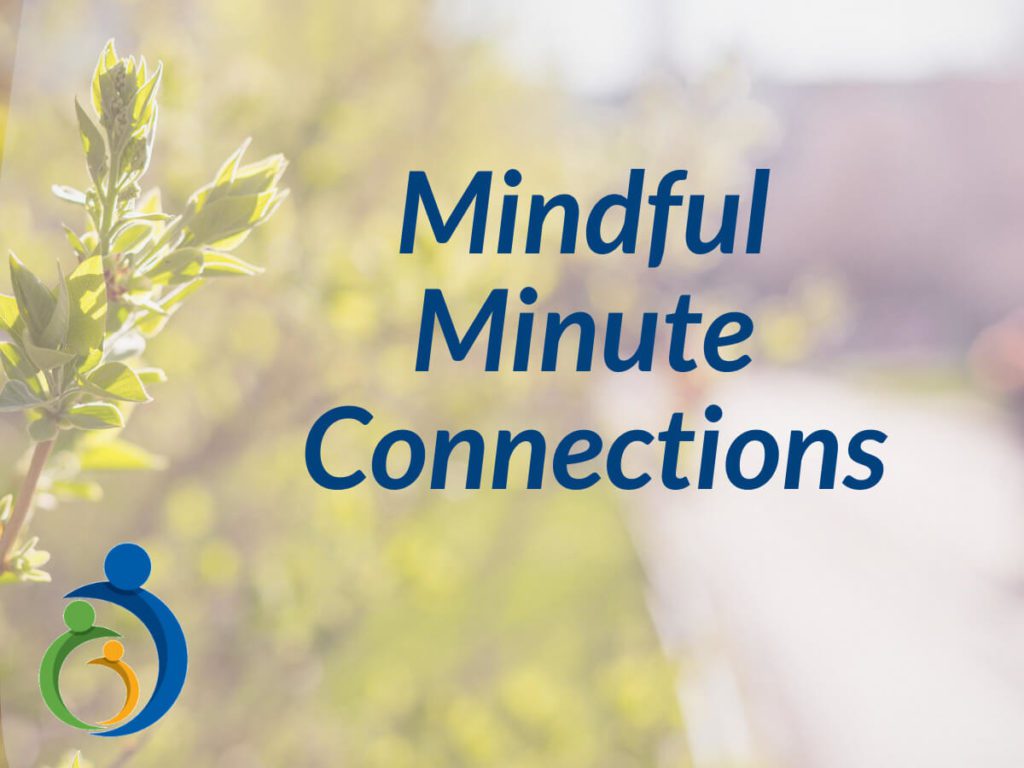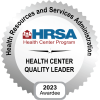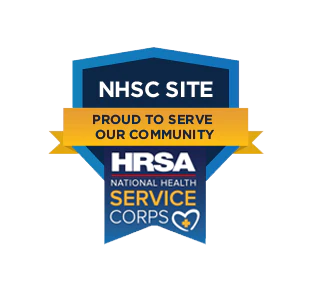
This blog post was written by Lauren Rick, MSW, APSW, a Behavioral Health Therapist at the Beloit Area Community Health Center.
Do you practice gratitude in your life?
You might be thinking, “Well, of course, I do!” I am courteous, tell people thank you, and if they do something for me, I tell them I appreciate it.
There is a difference between expressing “thanks” and practicing “gratitude”. Observing the Thanksgiving holiday can be helpful, the gratitude I am speaking of is a little more involved than just one day a year. For some, Thanksgiving is the only day that they practice gratitude.
What exactly is gratitude?
Gratitude is a thankful appreciation for what you receive, whether it is tangible (something you can touch) or intangible (thoughts, memories, actions). When practiced, gratitude is an acknowledgement of the “good” in life.
There are many reasons to practice gratitude. A regular “gratitude attitude” can bring you many emotional benefits, such as:
- Make us happier. Just taking five minutes per day to journal what we are grateful for can enhance our long-term happiness by over 10% (Emmons & McCullough, 2003, Seligman, Steen, Park & Peterson, 2005)! Those who pay attention to what is good in their life instead of what is bad are more likely to have a positive outlook on life.
- Enhance our positive emotions. Feeling grateful each day keeps the envy at bay! Gratitude reduces envy, and facilitates positive emotions (Amin, 2014). It also increases resilience, which helps you to withstand or recover quickly from adverse and difficult conditions.
- Increase our self-esteem. In a 2011 study by Rash, Matsuba, & Prkachin, participants who completed a four-week gratitude contemplation program reported greater life satisfaction than control group participants. When you feel good about your life circumstances, you feel better about yourself.
- Keep suicidal thoughts and attempts at bay. A study that focused on the effects of gratitude on depression, coping, and suicide showed that gratitude is a protective factor when it comes to suicidal Ideation in stressed and depressed individuals (Krysinska, Lester, Lyke & Corveleyn, 2015).
The benefits don’t stop there!
Gratitude can improve your physical health in addition to helping you balance your emotions and improve your relationships. Just a couple of Gratitude’s benefits to your physical health:
- Lower blood pressure. Patients with hypertension who practice gratitude at least once a week experienced a significant decrease in their blood pressure. (Shipon, 1977) Lowering your blood pressure can help avoid strokes, heart attacks, and other serious health problems. French doctors report that lower blood pressure may halt or slow the progression of brain abnormalities called white matter hyperintensities (WMH). WHM are white areas in the brain that are strongly linked to high blood pressure, and can contribute to dementia, depression, and overall cognitive decline according to Christophe Tzourio, MD, PhD, in an American Heart Association press release.
- Increase your frequency of exercise. Study participants who practice gratitude regularly for 11 weeks were more likely to exercise than those in the control group (Emmons & McCullough, 2003). Even going out for a brief walk counts!
The best thing about practicing gratitude is that it is so easy to do! Each day, name 3 things you are grateful for.
On some days, it might be hard to think of things to be thankful for. One those days, be thankful for the basics: a roof over your head, food to eat, clothing, etc. Some keep their daily list in a journal, which is a great tool to see your progression in practicing gratitude over time. If you miss a day, just start again at that moment. Even just thinking to yourself, “I am grateful for___ “, can help you if you do it often enough.
Having a “gratitude attitude” is a wonderful and easy way to stay positive and put you on a road to healthy mind and body.













